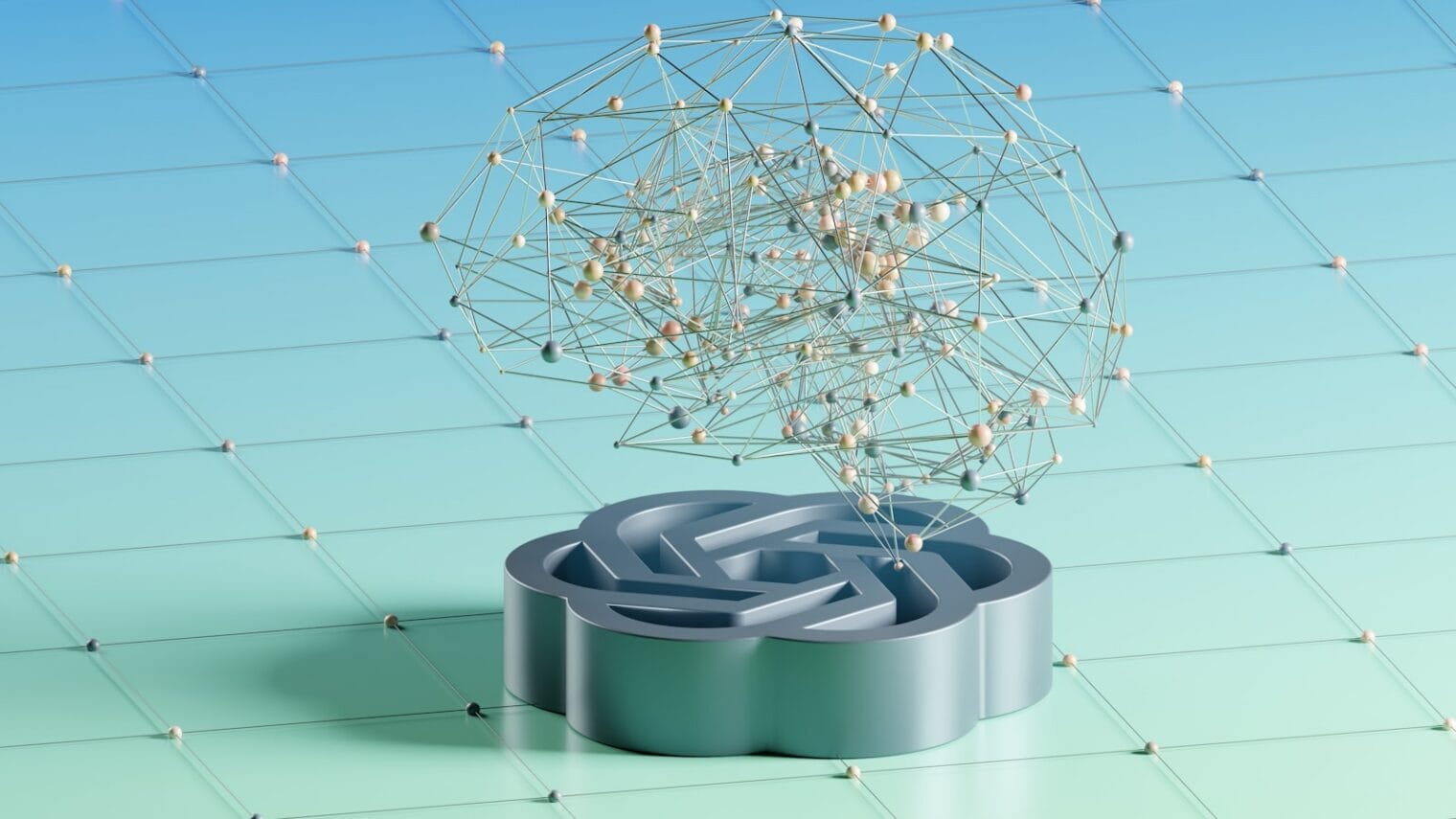Let’s begin by talking about our wonderfully complex brains. You know those times when you make a decision and later think, “Wait, why did I do that?” Well, you’re not alone! We all have these things called cognitive biases. They’re not just us being silly; they’re actually our brains taking shortcuts that sometimes lead us astray. It’s like having a GPS that occasionally sends you down a dead-end street!
During the pandemic, I saw firsthand how both my fellow therapists and our patients were struggling. The demand for mental health support went through the roof, and many of us were burning out faster than a candle in a windstorm. It was tough, but it got me thinking – could AI be the helping hand we desperately needed?
Now, imagine having an AI assistant that could handle all those time-consuming tasks like scheduling and initial assessments. Sounds pretty great, right? But here’s where it gets really interesting. These advanced AI models, similar to GPT-4, can actually have meaningful conversations with patients. They’re not just glorified chatbots; they’re more like digital companions that can offer support between therapy sessions.
And get this – a study in 2023 found that AI-powered chatbots can effectively deliver cognitive behavioral therapy (CBT) interventions. That’s huge! It’s like having a therapist’s helper who never needs to sleep or take a vacation.
But wait, there’s more! (I promise I’m not trying to sell you anything.) AI can analyze the emotional tone in patient communications, giving the therapists a heads-up if someone might be struggling or making great progress. This lets them focus on what they do best – connecting with the patients on a human level, with all the empathy and understanding that only a person can provide.
Moreover, remember that talk about our brain’s biases earlier? Well, AI has the potential to help us spot and address biases in mental health care. Even as professionals, therapists are not immune to unconscious biases. AI could help them identify if they’re unknowingly favoring certain groups in our treatment approaches. It’s like having a fair-minded partner watching over our shoulder.
But – and this is important – AI isn’t perfect. A bombshell study in 2019 found that an algorithm used in US hospitals was less likely to refer Black patients to personalized care programs compared to equally sick White patients. This shows we need to be super careful about how we design and use AI in healthcare.
That’s why at CuraJOY, we’re tackling this challenge head-on. We’re working on a multi-pronged approach:
- We’re making sure our AI models are trained on diverse, balanced data. No cherry-picking allowed!
- We always have human experts overseeing our AI systems. It’s like a buddy system for technology.
- We’re constantly researching and tweaking our algorithms to make them fairer and more accurate.
- We’re big on ethics. We’re developing clear guidelines for using AI in mental healthcare.
Here’s the thing: AI isn’t here to replace our therapists. It’s more like a super-smart assistant that helps them do their jobs better. By embracing AI (responsibly, of course), we can create a mental healthcare system that’s more efficient, fair, and effective.
I truly believe that by leveraging AI, we can reduce burnout among professionals, address biases in decision-making, and ultimately provide better care for our patients. But don’t worry – the human touch in therapy isn’t going anywhere. AI is here to enhance, not replace, the compassionate care that’s at the heart of what we do.
References:



Leave a Reply